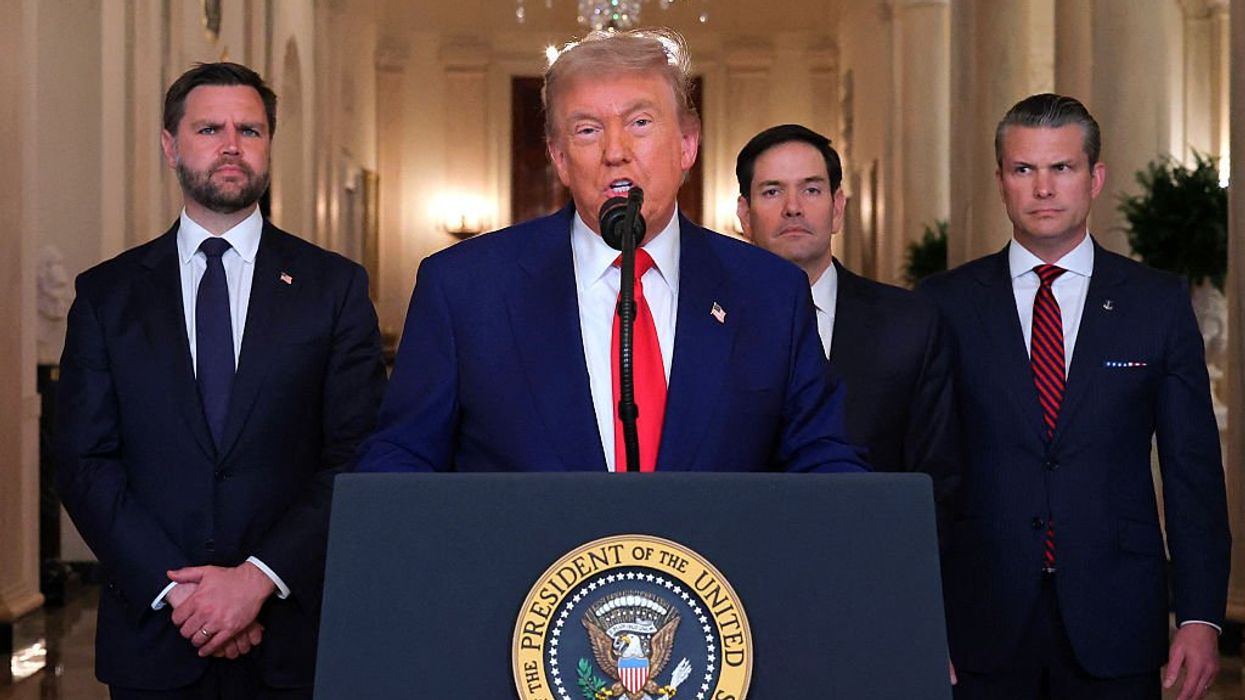© 2025 Blaze Media LLC. All rights reserved.
PARIS (AP) — The largest economies in the world agreed Thursday to a series of measures to stabilize world food prices after years of sudden fluctuations caused global instability, especially in poorer countries.
French Agriculture Minister Bruno Le Maire said the G-20 summit of agriculture ministers had agreed to calm the world market by establishing a transparent system to track global supplies, emergency food reserves, engage in more research into new wheat strains and create a rapid response mechanism to deal with drought in producer countries.
"It is a tour de force for the international community that lets you still believe in the power of solidarity and working together to address the big questions facing the planet, like the future of world agriculture," he told journalists.
Rising energy prices prompted a spike in food prices in 2008 that caused worldwide hardship and sparked riots in a number of developing countries.
In a reflection of the seriousness of the crisis, this is the first time agriculture and food security have been made a G20 summit topic.
"We all recognize the necessity of putting in place on the market of agricultural products new rules and regulations," Le Maire said.
World Bank President Robert Zoellick appeared at the ministers' side during the news conference to express his support for the new measures and the seriousness of price swings.
"We are not going to be able to stop food prices from going up and down, but we can smooth out the swings and we can protect the poor whether they are small farmers or consumers," he said.
One of the key aspects of the new accord is the Agricultural Market Information System that would stave off panic food speculation by making instantly available to all countries the state of world food stocks and consumption, Zoellick explained.
"What we saw when prices started to surge in 2008 was that the lack of information on stocks and availability can lead to panic in markets and panic is what leads to price hikes," said Zoellick. "Uncertainty leads to volatility."
The jump in the price of wheat and other basic foodstuffs in 2008 sparked bread riots in many countries and led to widespread unrest.
Want to leave a tip?
We answer to you. Help keep our content free of advertisers and big tech censorship by leaving a tip today.
Want to join the conversation?
Already a subscriber?
more stories
Sign up for the Blaze newsletter
By signing up, you agree to our Privacy Policy and Terms of Use, and agree to receive content that may sometimes include advertisements. You may opt out at any time.
Related Content
© 2025 Blaze Media LLC. All rights reserved.
Get the stories that matter most delivered directly to your inbox.
By signing up, you agree to our Privacy Policy and Terms of Use, and agree to receive content that may sometimes include advertisements. You may opt out at any time.





